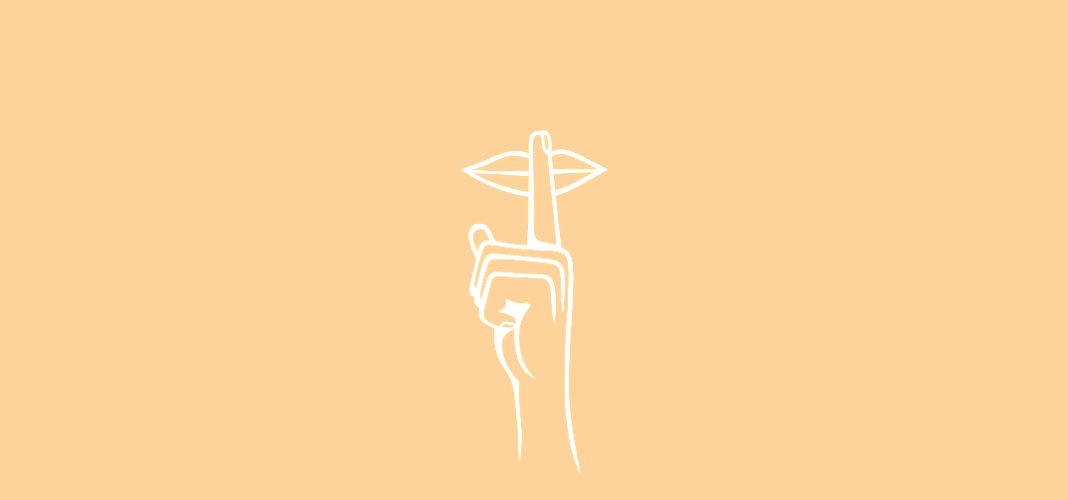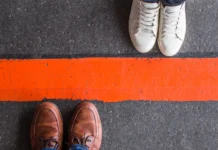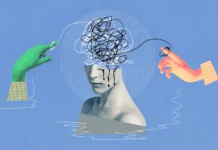It has become increasingly rare to find oneself in silence. Even when we are alone or in the country, phones beep, televisions blare, and iPods beckon. Wherever we go, a constant drone surrounds us. Noise is pervasive and has become the soundtrack of our lives, so much so that it is not unusual for patients to tell me that silence scares them.
Research shows that constant noise is what we should be worried about. As a recent report highlights, in addition to hearing loss, sleep, cardiovascular function, anxiety, and even a patient’s ability to heal in a hospital after surgery are all affected by noise:
In our 24/7 society, noise is pervasive and the availability of quiet places is decreasing. We need to better understand how this constant exposure to noise is impacting our overall health. From ear buds blasting music during subway commutes to the constant drone of traffic heard by those who live or work near congested highways to the beeping of monitors that makes up the soundtrack heard by hospital patients and staff, what we hear all day impacts many parts of our bodies.
A quiet environment allows for internal quiet and is a space for reflection. Seek out silent sacred spaces like galleries or museums. Consider “running naked” and by that I mean technologically naked, without your phone, music or any gadgets. Or go for a swim to hear the sweet sound of solitude:
As the world, with its escalating rings and pings, gets ever more hysterical, suspending yourself in water becomes ever more appealing.
As Michael Phelps points out, a pool can be the ultimate “safe haven.” It’s hot outside. Dive in for some peace and quiet.
I wish you all the best,
Dr. Samantha Boardman






